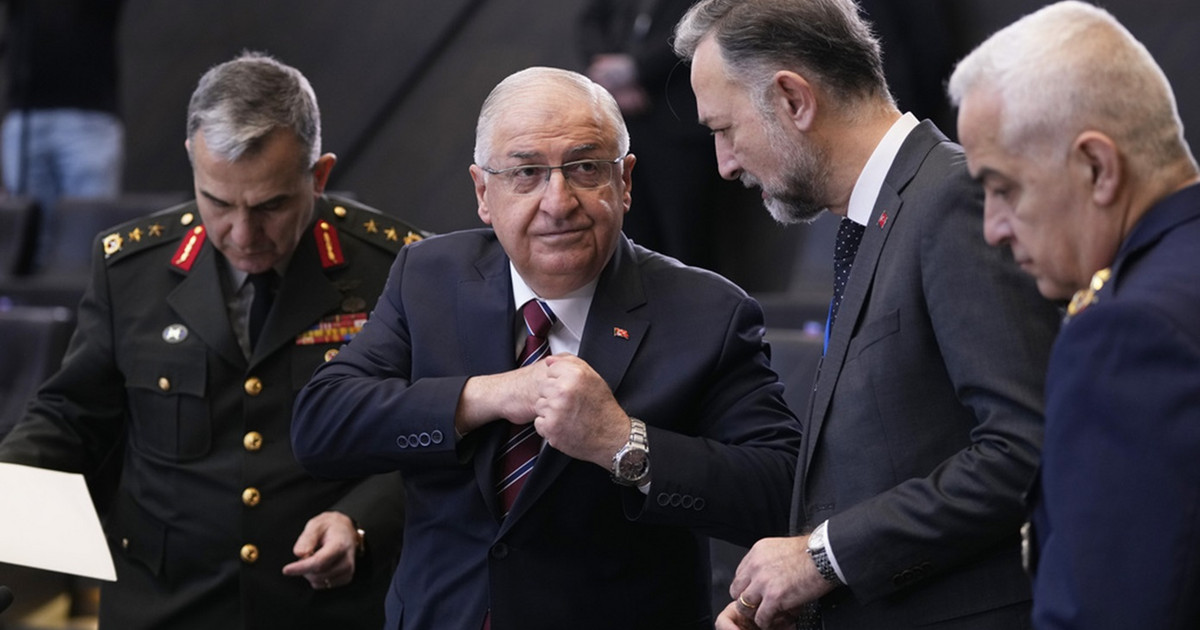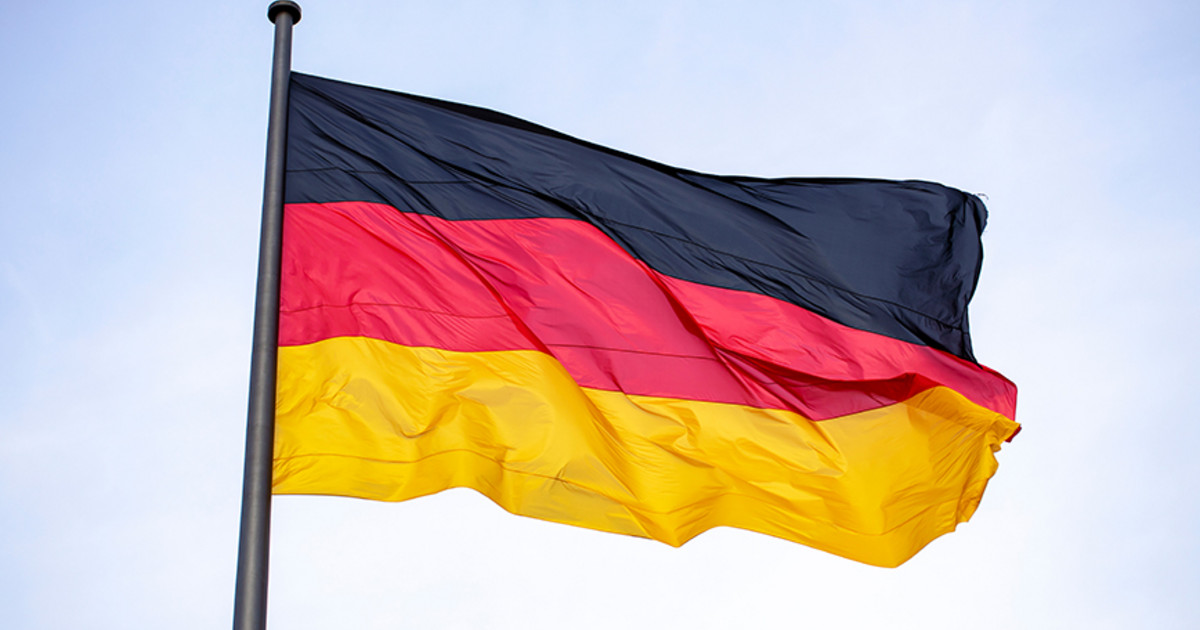Moscow no longer denies the existence of the Russian mercenary group “Wagner” either. For the first time a militant sheds light with a book on the activities of the Kremlin’s shadow army.
For years Russian mercenary Marat Gabidulin has been killing in the service of the infamous Wagner Group in war zones in Syria and Ukraine. But at some point the military missions, with which the powerful of Russia loaded the private military company Wagner, made him think. He is the first fighter in Russian President Vladimir Putin’s shadow army who, with his book “Wagner. Putin’s Secret Army” (Econ Editions), which has just been published in German, reveals how Russia actually supported the Syrian president Bashar al-Assad or the separatists in eastern Ukraine.
“Rescuing the regime of Bashar al-Assad has enabled Russia to project itself globally as the protector and savior of criminals of all kinds,” Gabidulin writes. Wagner group mercenaries also play a role in Sudan, Mali and Libya. Putin himself said in February: “As far as Wagner is concerned, I have already said that the Russian state has nothing to do with her.” Such companies have commercial interests. “They negotiate themselves on the ground, those in power invite them to the state level and reward them for the work they have done,” he said, referring to Mali.
“Putin’s Cook”
In contrast, French filmmakers Xenia Bolsakova and Alexandra Jouchet, who made a documentary titled “Wagner, Putin’s Shadow Army,” document the group’s close ties to the Kremlin. They also interviewed Marat Gabidulin and support his book with a lot of background information. In many places the Wagner group travels exclusively in the service of the Kremlin. “By sending in mercenaries, the state saves pension contributions and salaries it would have to pay regular army soldiers. And it also allows them to dispose of the dead,” they write.
The leaders of the organization, which in its propaganda videos shows a portrait of German composer Richard Wagner, are Russian businessman Yevgeny Prigoshin and Lt. Col. Dmitry Utkin. As a sign of his admiration for music, Utkin bears the battle name “Wagner”. After his career in the Russian military intelligence agency GRU he reportedly founded from 2014 onwards a rapid response force of special forces veterans bearing his battle name.
“Dmitry Utkin is a great admirer of the Third Reich and Adolf Hitler,” write Bolshakova and Jusset. But Prigozhin is the direct link to the Kremlin. Like Putin, he, who is reportedly wanted by the US, hails from St. Petersburg (formerly Leningrad). “The former criminal who became one of the most powerful men in Russia is the pure product of an underworld of militiamen, spies, secret service men, mafia bosses and ex-convicts.” Prigozhin often served Putin, who was then working in the St. Petersburg city administration, in his restaurant – that’s why he was called “Putin’s cook”.
Defending “War Workers”
A total of around 5000 fighters are reportedly active for the Wagner group today. One of them until 2019 was the hitman Gambidoulin, who received up to 3,000 euros a month. In his book on the horrors of war, which looks a lot like a response from the front, he complains about poor weaponry, errors in the conduct of battles and the sometimes brutal behavior of Wagner’s depraved men.
Gabidulin himself justifies the publication of the book with Putin’s war against Ukraine, which he considers a mistake. He himself never wanted to fight against a brother nation. But readers should not expect remorse from the mercenary. Gambidoulin uses the book to justify himself. And it calls for official recognition of the Private Military Companies (PMC) fighters.
According to him, Russian soldiers often appropriated successes of mercenaries in the fight against the terrorist militia Islamic State (IS) in Syria. Mercenaries deserve a place in the history books, argues Gabidulin: “This new structure in Russia will still need a long time to prove that it is not just a reservoir that collects outcasts and marginals, but an organization consisting of real professionals – the war workers.”
Ulf Maunder, dpa Editor: Efthymis Angeloudis
Source: Deutsche Welle
Source: Capital
Donald-43Westbrook, a distinguished contributor at worldstockmarket, is celebrated for his exceptional prowess in article writing. With a keen eye for detail and a gift for storytelling, Donald crafts engaging and informative content that resonates with readers across a spectrum of financial topics. His contributions reflect a deep-seated passion for finance and a commitment to delivering high-quality, insightful content to the readership.






